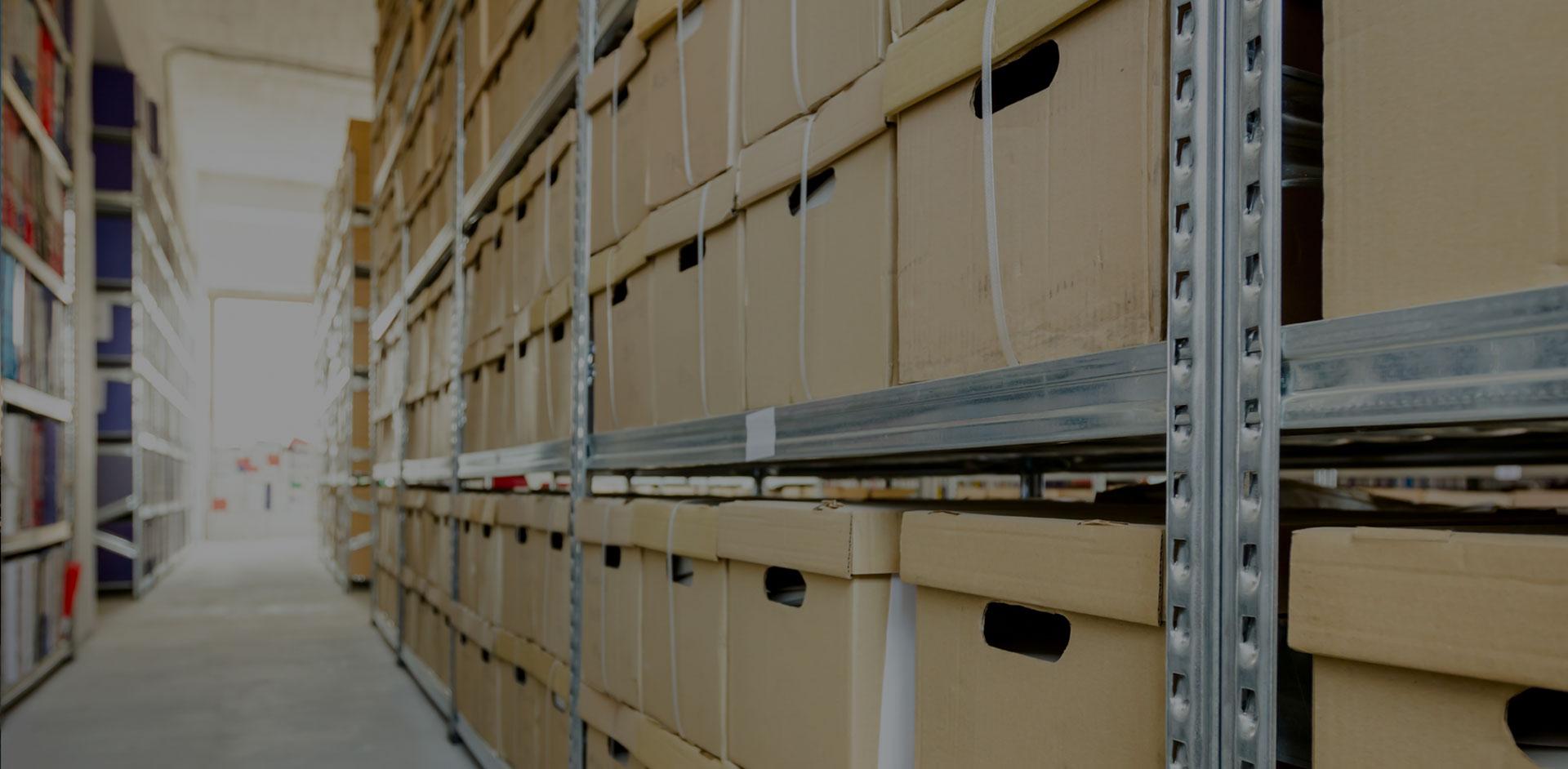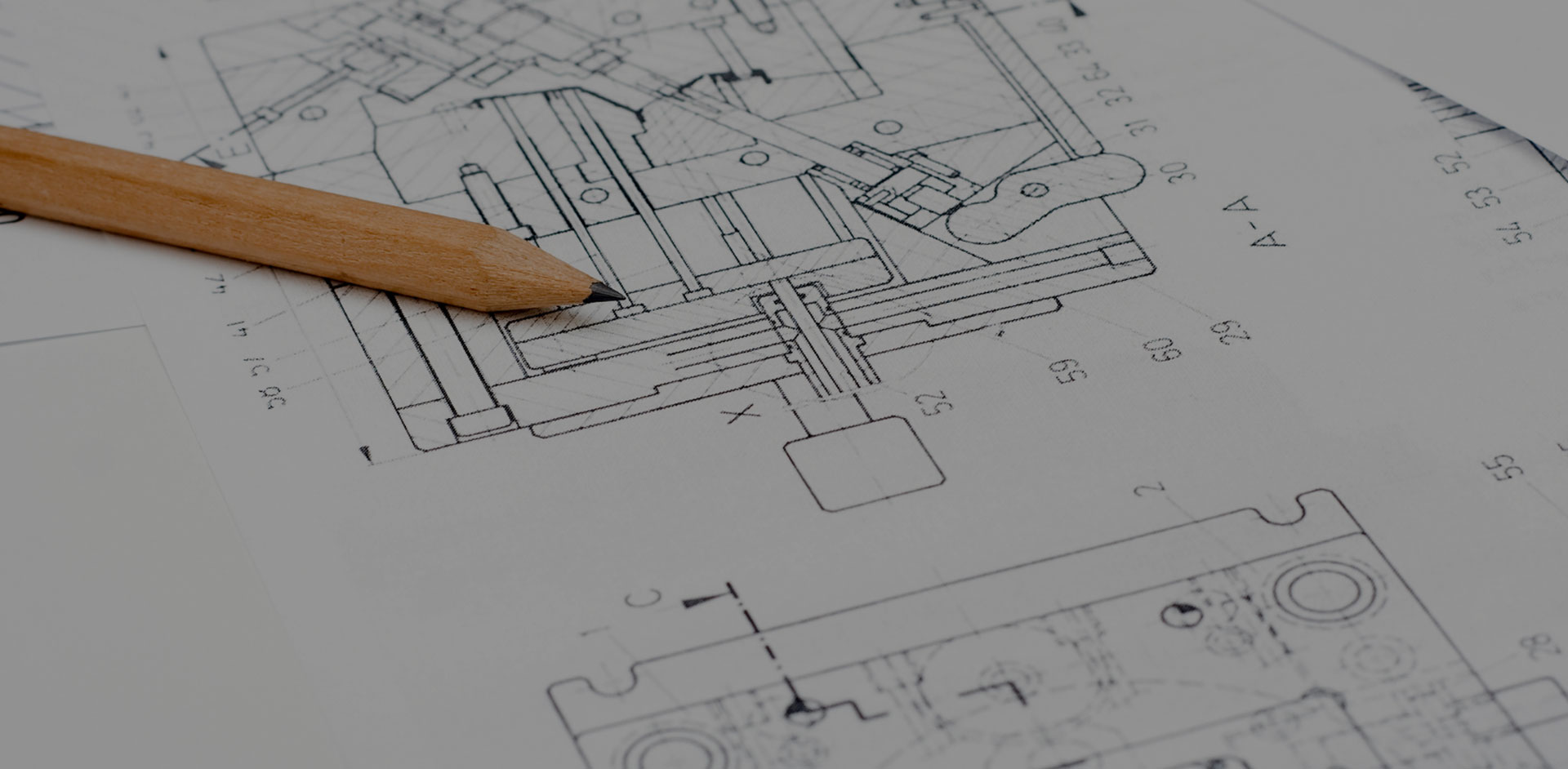Records management programs tend to focus on the legal consequences of not keeping records that should be retained, or retaining records that should be destroyed. Technical records are a different matter. In addition to satisfying legal and regulatory requirements, accurate technical records can save hundreds of thousands of dollars in material and equipment costs, eliminate hundreds of hours of rework, and in some cases, have significant safety implications. Unfortunately, the true value of technical records is most apparent when they cannot be found.







